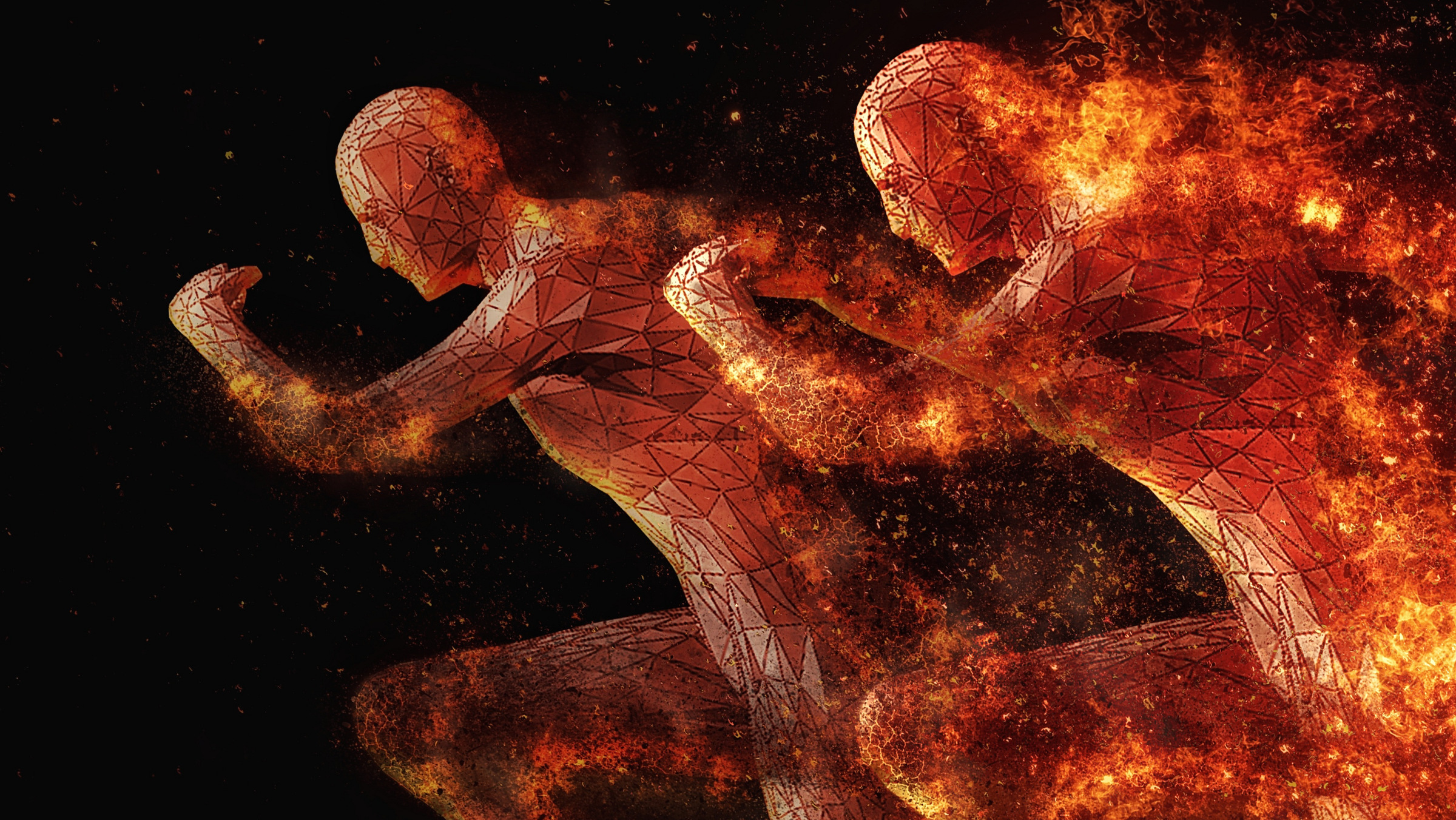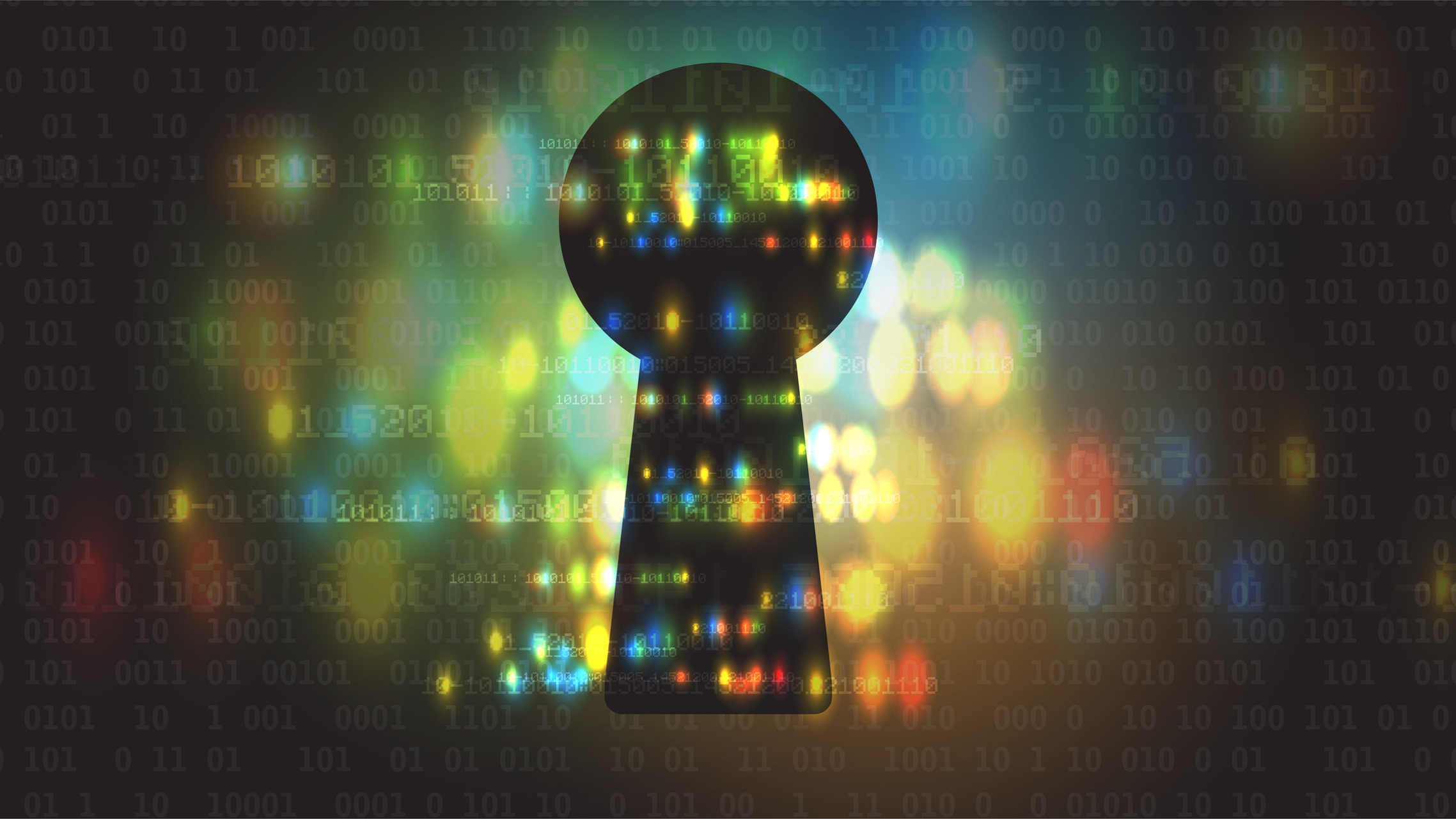
Open almost any business magazine these days, and you will probably find some pundit or other touting the virtues of creativity in the workplace. But as many inhabitants of real-world workplaces will tell you, creative ideas are often a tough sell.
Why do so many organizations embrace the rhetoric of creativity while struggling to achieve creative outcomes? It’s easy enough to blame the usual suspects Normal 0 false false false EN-US X-NONE X-NONE —bureaucracy, plain inertia, or risk-averse management Normal 0 false false false EN-US X-NONE X-NONE —but a new study suggests there may be another culprit at work: You.
"When you see a creative idea, there’s often a ‘wow, that’s cool’ moment, quickly followed by a certain ‘ick’ response," says professor Jennifer Mueller of the University of Pennylvania’s Wharton School of Business, co-author of a recent study entitled "The Bias Against Creativity: Why People Desire But Reject Creative Ideas." The study is scheduled to appear in a forthcoming edition of the journal Psychological Science.
The researchers asked more than 200 students at the University of Pennsylvania to participate in a computer-based Implicit Association Test, a methodology used to pinpoint unconscious biases, such as feelings about race. Each participant was shown a series of new ideas Normal 0 false false false EN-US X-NONE X-NONE —for example, a running shoe with nanotechnology Normal 0 false false false EN-US X-NONE X-NONE —then asked to choose from a list of synonyms to categorize the idea as "good," "bad," "creative," or "practical."
Despite respondents’ stated preference for creativity, the research found that they were more likely to associate "creative" ideas with negative sentiments like "rotten," "poison," or "agony."
The study points to a strong unconscious bias against creativity that persisted even when participants were presented with evidence purporting to prove the validity of a creative idea.
Professor Jack Goncalo of Cornell University, one of the study’s co-authors, believes that raising awareness of this bias could help people find more skillful ways to pitch their ideas at work. Given that most of us tend to favor practical ideas, Goncalo suggests that the best way to pitch a creative idea may involve making it seem, frankly, less creative: "Try positioning your idea in a less threatening way."
Timing also matters. The bias against creativity appears to grow even stronger during periods of uncertainty. When participants were promised a chance to participate in a random lottery for additional compensation—creating a climate of uncertainty—their negative bias increased.
"At times of uncertainty, people tend to ignore creative ideas over more practical ones," says Goncalo. This finding points to a particularly troubling irony, according to Goncalo: "People are more likely to dismiss creative ideas precisely when they need them most."
Alex Wright is a writer and information architect based in Brooklyn, NY.



Join the Discussion (0)
Become a Member or Sign In to Post a Comment